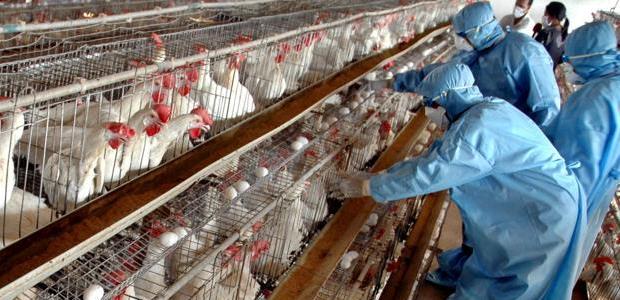
UN Agency Issues Warning on New Strain of Bird Flu
The A(H5N6) strain has been detected in poultry in three countries in Southeast Asia, the United Nations Food and Agriculture Organization announced Sept. 22.
The United Nations Food and Agriculture Organization warned Sept. 22 that a recently emerged strain of avian influenza virus, named A(H5N6), that has been detected in poultry in Southeast Asia presents a new threat to animal health and livelihoods and must be closely monitored.
The virus has been detected in poultry in China, the Lao People’s Democratic Republic, and Viet Nam, according to a statement released by the Rome-based FAO that says this bird flu strain is highly contagious in chickens, geese, and other poultry.
"Influenza viruses are constantly mixing and recombining to form new threats," said FAO's Chief Veterinary Officer Juan Lubroth. "However, H5N6 is particularly worrisome since it has been detected in several places so far from one another and because it is so highly pathogenic, meaning infected poultry quickly become sick and, within 72 hours, death rates are very high."
FAO reported one case of H5N6 has been detected in humans following contact with infected poultry in China, and that person has died. "It's been detected in multiple places in poultry, yet we only have one human infection reported," said Elizabeth Mumford, a World Health Organization epidemiologist. "This suggests that the virus does not easily jump from animals to humans. Of course, we still need to remain vigilant, because prevalence in poultry and therefore human exposure could increase during the winter."
FAO and WHO recommend that people follow appropriate hygiene, food preparation, and food safety guidelines, including washing hands often, cleaning utensils and surfaces used during food preparation, and eating only well-cooked poultry meat products. People should avoid handling sick birds or birds that have died of illness.